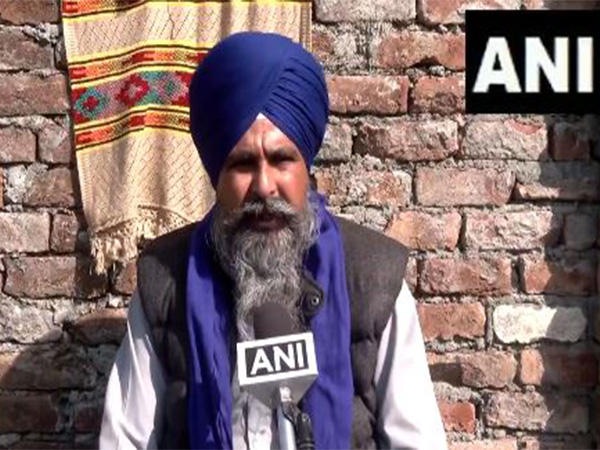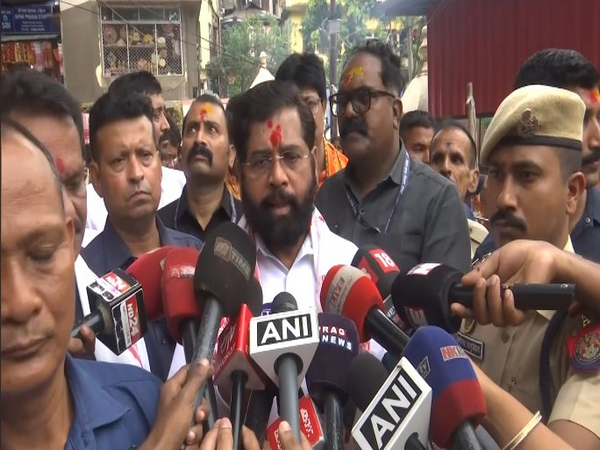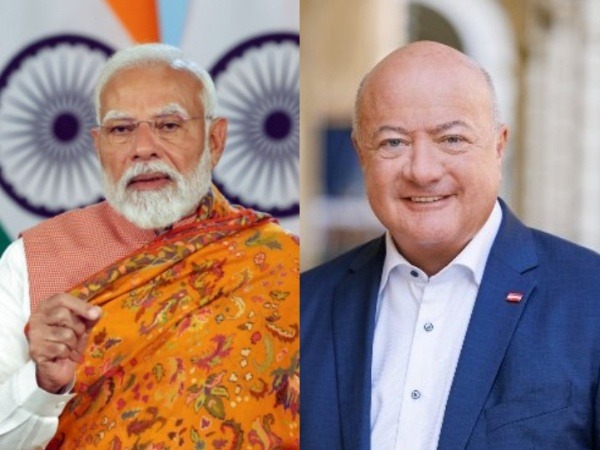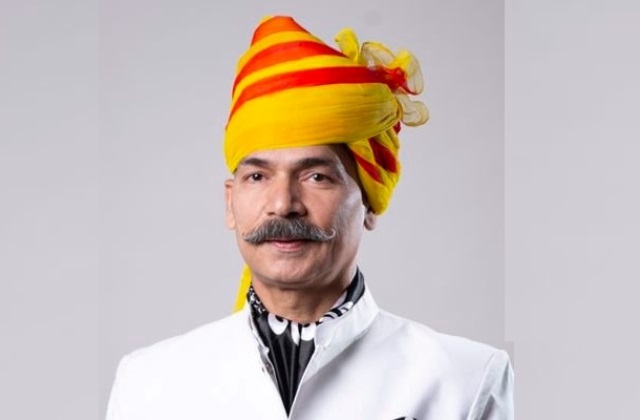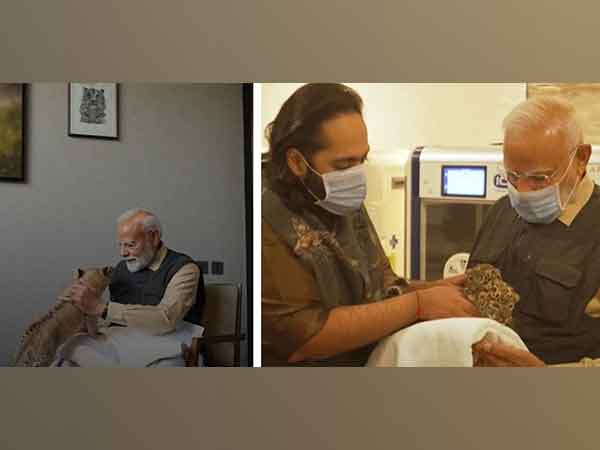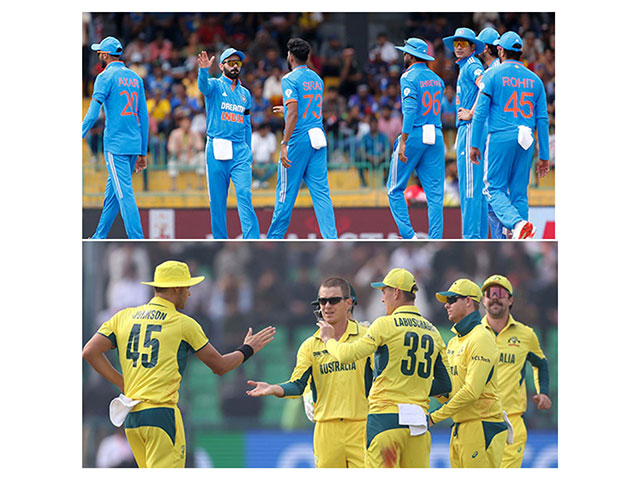Climate change has now become the biggest threat to the entire world. The reckless exploitation of natural resources, deforestation, increasing materialistic desires, and pollution in various sectors have further intensified this crisis. Rising global temperatures and unpredictable climate changes are affecting every aspect of life, severely impacting the environment, livelihoods, lifestyle, food, water, and health. No aspect of life remains untouched by its consequences.
In India, the occurrence of extreme weather events and their devastating effects have been monitored for years. According to research by climate organizations like Atlas, in 2024, India faced extreme heatwaves, cold waves, cyclones, heavy rainfall, lightning strikes, floods, and landslides. On average, the country had to endure at least one disaster every day. Compared to the past three years, 2024 recorded the highest number of extreme weather events, leading to significant losses for the nation.
The increasing frequency of these disasters has caused extensive damage. Statistics show that in 2024, 3,472 people lost their lives due to extreme weather events, compared to 3,287 in 2023 and 3,026 in 2022. This indicates a 15% rise in deaths over three years. In 2024, around 4.07 million hectares of crops were damaged due to these weather-related disasters. In 2023, this figure stood at 2.21 million hectares, and in 2022, it was 1.96 million hectares, showing a 108% increase in crop damage compared to 2022.
Over the past three years, almost all regions of India have witnessed an increase in extreme weather days. In 2024, Central India recorded the highest number of heavy rainfall days—253—representing a 16% increase from 218 days in 2022. Similarly, Southern states experienced 223 extreme weather days in 2024, marking a 31% rise compared to 2022. This has led to extensive crop losses, proving how severely farmers are affected by climate change.
Looking at state-wise data, Madhya Pradesh recorded the highest number of extreme weather days—185 in a year. In 2024, weather-related disasters damaged 2.36 million hectares of crops in Madhya Pradesh, which accounted for 58% of India’s total affected agricultural land. Out of this, 2 million hectares of crops were destroyed in Maharashtra alone. Maharashtra witnessed 161 days of extreme weather in 2024, compared to 126 days in 2022. This means nearly half of the crop damage in India due to extreme weather in 2024 affected Maharashtra’s farmers.
In 2024, Madhya Pradesh reported the highest number of deaths due to climate-related disasters (1,052), followed by the Southern Peninsula (871), Eastern and Northeastern India (776), and Northwestern India (773). Over the past six months, more than 10.3 million people have been displaced due to floods, droughts, storms, and other weather-related disasters. Around 60% of these displaced people were in Asia. A report by the International Federation of Red Cross and Red Crescent Societies (IFRC), based on data from the Internal Displacement Monitoring Centre (IDMC), revealed that climate-related disasters force an average of 22.7 million people to migrate globally each year.
IFRC coordinator Helen Brunt highlighted that between September 2020 and February 2021, approximately 12.5 million people were displaced worldwide, with 80% of them being affected by climate-related disasters. She emphasized that displacement due to climate disasters is highest in Asia. Poor communities, already struggling with the impacts of the COVID-19 pandemic, now face a double burden due to climate change.
Reports suggest that the number of people displaced by slow-onset disasters is steadily increasing. Due to gradual climate changes, gathering precise data on displacement is difficult. Many communities lose their livelihoods gradually, forcing them to migrate. The World Bank estimates that rising sea levels alone could displace around 90 million people this century.
Displacement not only affects those who migrate but also impacts host communities that provide shelter and support. Many displaced individuals require more than just basic necessities like shelter, clean water, and sanitation—they also need long-term support and assistance. Vulnerable groups, including women, children, the elderly, and the sick, are most affected by displacement.
The damage caused by climate change to food security, health, and the environment seems increasingly difficult to compensate for. Natural imbalances are leading to more frequent and intense disasters. Over the past 70 years since India’s independence, climate-related disasters have increased eightfold. According to a report by ‘iForest,’ which works in the fields of environment and climate change, the number of climate disasters—floods, cyclones, and heatwaves—was only 27 in the early years of independence. However, in subsequent decades, their frequency has increased significantly.
For instance, catastrophic floods in Gujarat in 1998, Odisha in 1999, and Uttarakhand in 2013, as well as powerful cyclones like Hudhud (2014) and Amphan (2019), have caused massive destruction. In 2019, 14 states in India experienced severe floods due to excessive rainfall. The devastating impact of cyclones like Fani (2015) and extreme heatwaves from 1998 to 2015 are still remembered. Between 1991 and 2000, India faced 96 climate-related disasters, which increased to 210 by 2020.
ALSO READ: Climate On The Canvas
By 2024, India experienced unprecedented heatwaves. Between April and July, temperatures of at least 40°C were recorded in 500 out of 741 districts. According to the Climate Index by the environmental and human rights organization ‘Germanwatch,’ India ranks sixth among the top 10 countries most affected by climate-related disasters.
Over the past three decades, climate-related disasters have caused an estimated $180 billion in economic losses in India, affecting around 46.6 million people. Between 1993 and 2022, extreme rainfall alone claimed nearly 80,000 lives in India, while globally, such disasters led to 800,000 deaths and $4.2 trillion in damages. Each year, climate-related disasters impose a $2,000 per capita economic burden on India and result in 2,675 deaths.
Climate scientist Lara Schaefer warns that climate change is becoming increasingly dangerous. Evidence from the past 30 years suggests that countries in the ‘Global South’ are particularly vulnerable to extreme weather events. We are entering an unprecedented and critical phase of the climate crisis, which will play a major role in destabilizing societies.
Climate change has significant impacts on health. According to ‘The Lancet Countdown’ report on climate and health, people in every country are now facing growing health risks due to climate change. In 2023, extreme heat was a leading factor affecting health, with people experiencing over 50 additional days of extreme heat compared to pre-climate change periods. This resulted in a 167% increase in mortality among people over 65 compared to the 1990s.
The effects of extreme heat include disrupted sleep, reduced physical activity, and negative impacts on both physical and mental health. Workers in outdoor or non-cooled environments face serious health risks, affecting productivity. Approximately 1.6 billion people globally—25.9% of the working population—work in such conditions, including agricultural laborers, infrastructure workers, and those in the informal sector.
Climate change also increases the spread of waterborne, vector-borne, foodborne, and airborne diseases. Rising temperatures, heavy rainfall, droughts, and land-use changes contribute to these risks. For example, dengue cases have increased worldwide over the past 20 years, with an estimated 5 million cases reported in 2023. Similarly, malaria transmission periods have lengthened due to temperature changes.
Reducing greenhouse gas emissions and mitigating climate change requires decisive action. However, global climate negotiations often prioritize national economic interests over urgent climate action, leading to delays. Addressing climate change effectively demands resilient policies and sustainable solutions. Investing in climate adaptation, particularly in health systems, is essential. The WHO emphasizes that climate funding is ultimately health funding, as it helps protect critical systems and reduces both direct and indirect health impacts of climate change.
UN Secretary-General António Guterres warns that greenhouse gas reduction targets remain out of reach, making climate disasters more difficult to prevent. Urgent collective action is needed to pressure governments into taking decisive climate measures before it is too late.
The writer can be contacted at vikasmeshram04@gmail.com
